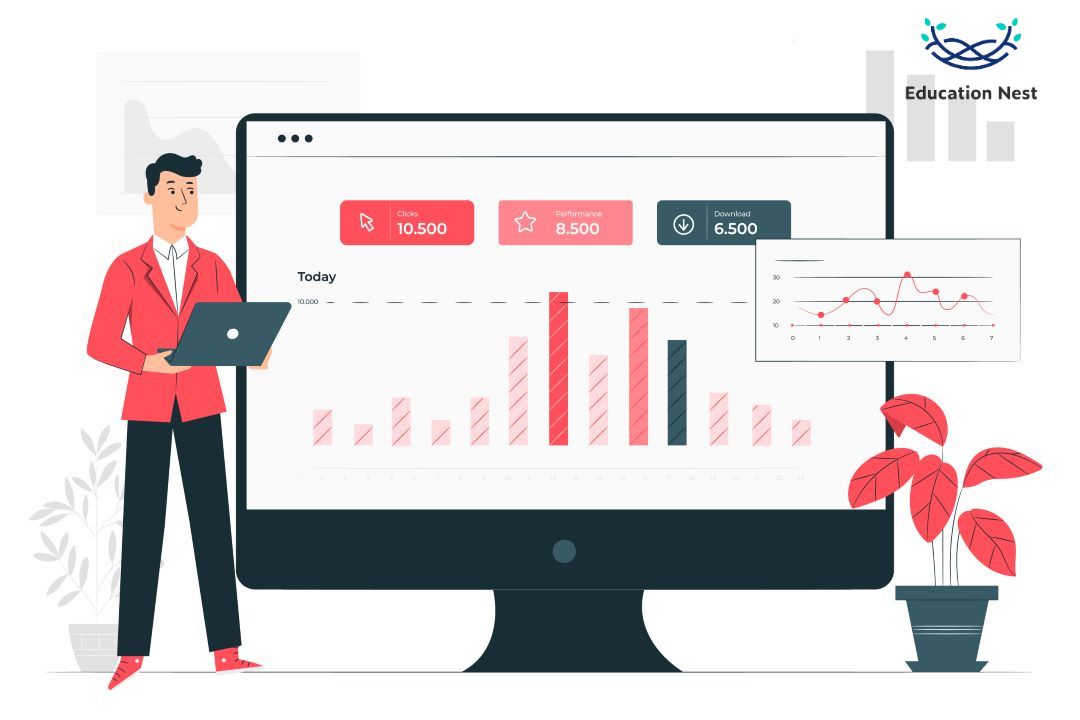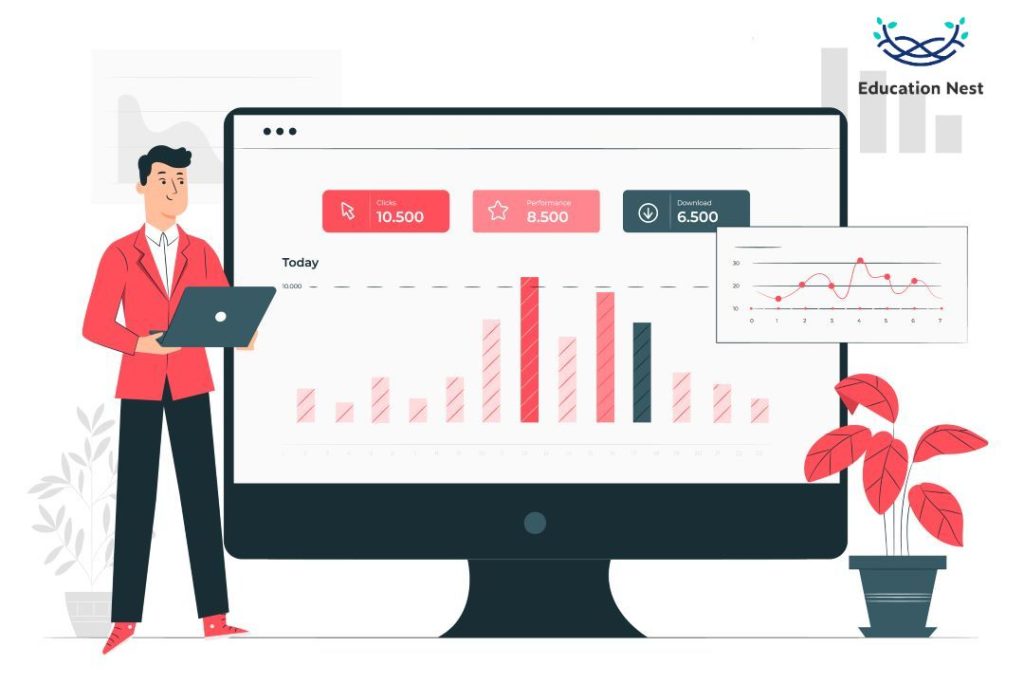
Information is now one of the most important parts of running a business in the fast-paced digital age. In the fields of data management and review, there are a wide range of job options for people who know how to turn raw data into useful information. This blog tries to find out everything there is to know about the possibilities in this field, from data entry skills to the top of data science, as well as the salary for data entry, important management skills, and the many things a data analyst does.
What are Data Entry Skills?
The job of a data entry expert is often undervalued, but it is the key to good information control. This job involves putting the right information into different systems and files in a green way. The main qualities that make for excellent information access are:
• Pay attention to the details. This is the most important part of entering data, as it ensures accuracy and dependability.
• Organizational skills: the ability to edit and organize large datasets in a way that makes them easy to find.
• Keystroke Efficiency: Being able to type quickly and knowing how to use data access tools.
Data Analyst Salary with Data Entry Skills

Data analysts make a better average salary, usually between $50,000 and $70,000 per year.
Data entry is often a way to get into a job, but developing good skills can set the stage for moving up. To improve your ability to view statistics, you can:
Data Science: Using information to make intelligence
The data scientist job is the pinnacle of data management and analysis. Data scientists are the modern-day alchemists because they can turn raw data into valuable insights. The most important skills that give data scientists power are:
• Programming Expertise: Proficiency in languages inclusive of Python and R for intricate information manipulation.
• Machine Learning Prowess: Applying algorithms to are expecting trends and examine complex datasets.
Also Read:
What is Data Analytics: Meaning, Components And Benefits
• Domain Knowledge: Contextual knowledge to extract actionable intelligence.
Data Scientist Salary: At the top of the data area, data scientists make between $90,000 and $120,000 per year on average.
Managerial Skills: Leading Excellence Based on Data
To move up in the data area, you often have to take on management roles, which require strong management skills. A hit facts manager has the following traits:
• Strategic Planning: Developing information-pushed strategies aligned with broader enterprise goals.
• Team Leadership: Guiding and motivating teams to acquire foremost effects.
• Project Management: Overseeing information-centric tasks, making sure timeliness and first-rate.
• Stakeholder Collaboration: Collaborating with cross-practical teams to put into effect information tasks.
Steps after Data Entry Skills
In the data-driven world, the trip from entering data to doing data science is a journey that changes everything. At every point in a job, there are great chances for growth, success, and impact. Here’s a short summary of the most important points:
• Data entry is the first step, which requires accuracy, organization, and computer skills. Learning how to access data might start out as an entry-level job, but it could be a stepping stone to a better job.
• Data Analysis: If you want to become a numbers analyst, you need to know how to use technical tools, do statistical analysis, and visualize statistics. Data analysts are essential for turning raw data into insights that can be used.
• Science of Data: At the top, statistics scientists use advanced analytics and local knowledge to find out important things. This job requires good programming skills, mastery of devices, and a deep understanding of how data changes over time.
• Skills as a manager: As you grow, it’s important to improve your management skills so you can lead groups, shape facts, and use business effects.
Conclusion
In the fast-paced world of information control and analysis, your career path will be marked by a constant need to grow and learn. From the careful accuracy of data entry to the strategic finesse of data technology, every step along the way adds to your professional growth. By improving your skills, being open to new ideas, and keeping up with important management trends, you might be able to handle the information-driven world and shape your future success. Remember that your job in statistics control and analysis is not defined by where you start, but by how committed you are to adapt, change, and do well. As you start this information journey, think about the endless possibilities that lie ahead and the chances you’ll have to leave a lasting mark on the world of information.

